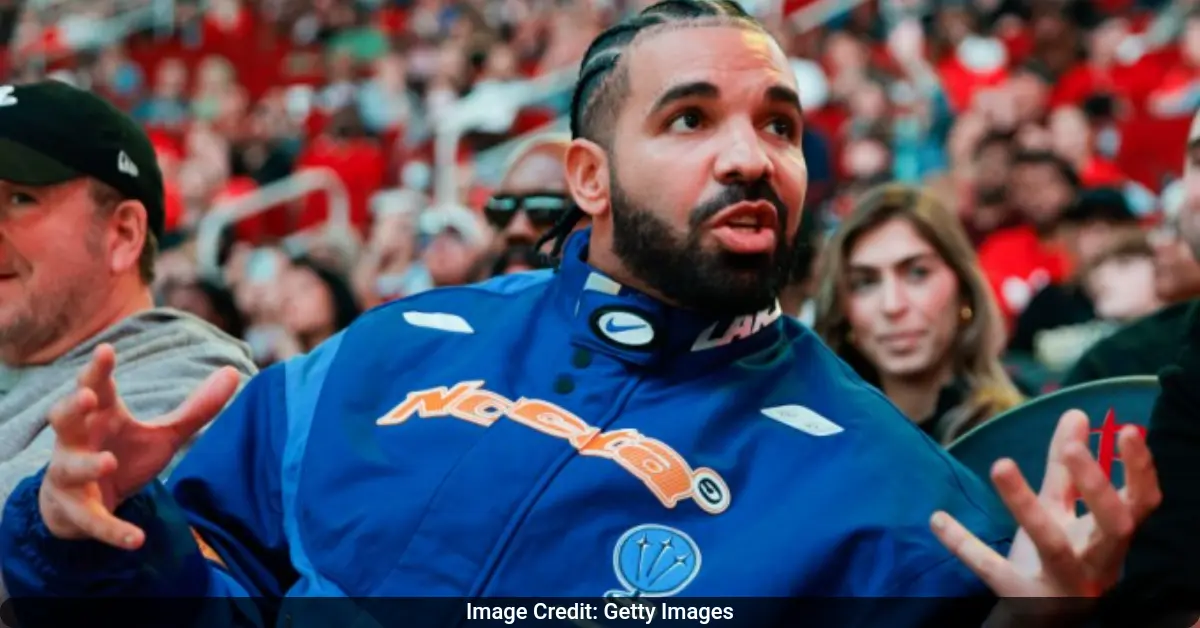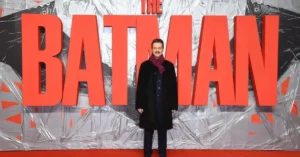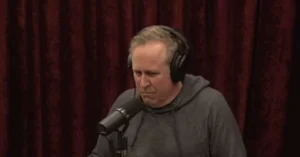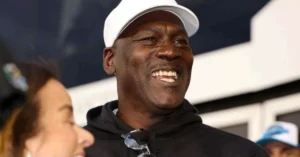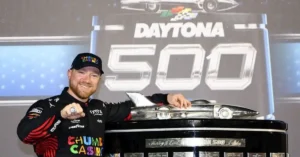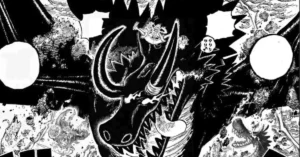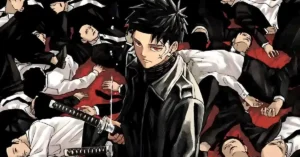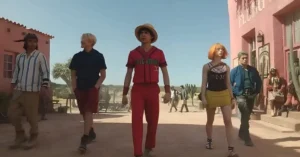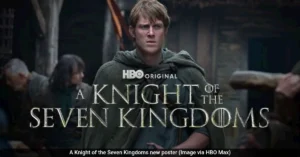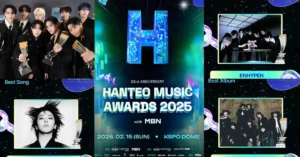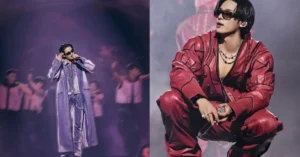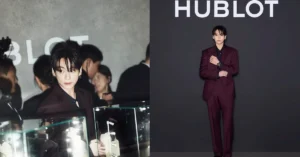A legal battle between Drake and Universal Music Group (UMG) has taken a new twist. UMG has filed a motion to dismiss Drake’s New York lawsuit over the promotion of Kendrick Lamar’s track “Not Like Us.” The record label claims that Drake is suing to cover up a rap battle he lost by his own provocation. The motion, filed on March 17, 2025 at approximately 10:21 pm IST, argues that the lawsuit is without merit and is an attempt to divert attention from deeper issues within the music industry.
Motion Filing Details
UMG’s motion to dismiss claims that Drake’s lawsuit is built on a flawed premise. The filing states that Drake willingly participated in a rap battle that ended in a loss for him. According to the motion, instead of accepting his defeat, Drake has turned to legal action in an effort to ease his wounded pride. UMG contends that the claims in the lawsuit are without factual support. The motion further emphasizes that the lyrics of “Not Like Us” are creative expressions that do not constitute actionable defamation or harassment under New York law.
The legal filing notes that Drake had previously signed a public petition criticizing the trend of using rap lyrics against artists in legal cases. UMG now points out that Drake’s actions contradict that public stance. The record label argues that his current lawsuit is merely an effort to save face after an unsuccessful rap confrontation with Kendrick Lamar.
Legal Arguments Presented
UMG’s motion presents several key points. It argues that the track “Not Like Us” contains what it describes as nonactionable opinion and rhetorical hyperbole. This means that the lyrics are viewed as artistic expression rather than factual claims that could lead to defamation or harassment charges. UMG also states that Drake’s claims fail to meet the legal requirements for defamation or harassment in the eyes of New York General Business Law.
Furthermore, UMG insists that it is unreasonable to expect the company to promote diss tracks selectively. The motion highlights a double standard in the legal claims, noting that if diss tracks are part of normal artistic expression, then targeting the label for promoting such content lacks legal foundation. UMG has also moved to dismiss a separate petition filed in Texas, where Drake had accused the company of artificially inflating the popularity of the track.
Rap Battle Narrative
The dispute centers around the high-profile rap battle between Drake and Kendrick Lamar. “Not Like Us” emerged last May as the most significant hit from their musical rivalry. UMG’s filing argues that Drake’s lawsuit is rooted in his loss during this rap battle. The record label asserts that Drake’s participation in the battle was voluntary and that his legal action is a misguided attempt to mitigate the embarrassment of his defeat.
Drake’s attorney, Michael J. Gottlieb, responded to UMG’s motion with strong language. He stated that UMG’s focus on a rap battle is an effort to distract from what he describes as a more serious issue. Gottlieb claims that UMG is profiting from dangerous misinformation. He argued that this misinformation has led to real-world violence and that the motion to dismiss is a desperate tactic by the company to avoid responsibility for its actions.
Artist and Industry Reactions
The legal exchange has drawn attention from both industry insiders and fans. Observers note that the case highlights the ongoing tension between creative expression and legal accountability within the music industry. The idea that a rap battle could lead to a lawsuit raises questions about the boundaries of artistic freedom and the extent to which record labels are held accountable for their promotional strategies.
Industry analysts point out that this lawsuit is part of a larger narrative in hip-hop where rivalries are often expressed through music. The legal implications of using rap lyrics as evidence in court have long been debated. Drake’s previous stance against the misuse of artistic expression now appears at odds with his current legal action, according to industry watchers. This discrepancy has sparked discussion about the evolving nature of disputes in an era where artistic battles can extend into the courtroom.
UMG’s motion underscores the challenge of drawing legal lines around creative content. The label maintains that artistic expressions in rap music should be seen as part of the broader cultural conversation rather than as definitive factual statements. This perspective is not new, but its application in a high-stakes lawsuit involving major industry players adds a layer of complexity to the ongoing debate.
Ongoing Legal Process
The legal process now moves forward with the motion for dismissal pending further review. The court will assess whether Drake’s claims meet the necessary legal standards to proceed. Legal experts expect that the case will delve deeper into issues surrounding defamation, the boundaries of free speech in music, and the responsibilities of record labels in marketing and promoting tracks that are inherently provocative.
This lawsuit, emerging from a well-known feud between two leading rap artists, is likely to have significant implications for the music industry. Both fans and legal observers are closely watching how the case unfolds, given its potential to set precedents on how creative content is interpreted in legal disputes.
For more updates on this topic, tune in to Vviptimes.
SOURCE: Variety

